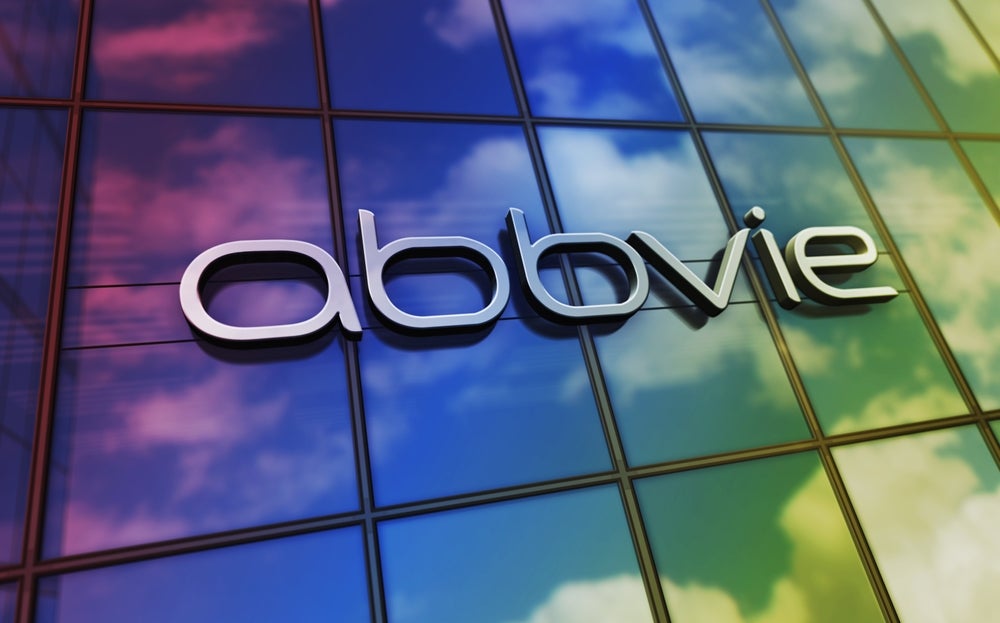AbbVie executives say the company’s immunology drugs Skyrizi and Rinvoq are expanding their reach in the inflammatory bowel disease (IBD) as the market for Humira biosimilars heats up.
For 20 years, AbbVie’s Humira (adalimumab) was one of the world’s top-selling products, but its patent expiry, and the subsequent entry of biosimilars in January 2023 resulted in a 32% decline in sales of Humira in 2023, accompanied by a 7% drop in the company’s total revenue for that year. From the biologics’ first US Food and Drug Administration (FDA) approval in 2002 until 2023, Humira generated $187bn in revenues for AbbVie.
Speaking at the JP Morgan Healthcare Conference 2025 in San Francisco, CEO Rob Michael said that despite the Humira pull back, only about 20% of patients have been moved onto Humira biosimilars while many physicians have moved patients to AbbVie’s other immunology assets, Skyrizi (risankizumab) and Rinvoq (upadacitinib). Skyrizi is an interleukin-23 (IL-23)-inhibiting monoclonal antibody while Rinvoq is a small molecule Janus kinase (JAK) inhibitor.
The company is also investigating the potential of both biologics in combination with each other or in combination with other approved therapies.
In 2024, AbbVie reported that Skyrizi and Rinvoq accounted for about $5bn in growth, with the company highlighting how the two products have captured around 50% of the market share in IBD indications such as Crohn’s disease and ulcerative colitis.
The company said it is keeping an eye on TNF-like ligand 1A (TL1A) therapies to be used in combination with Skyrizi which it hopes could become the new standard of care.
Pipeline prospects discussed at JP Morgan Healthcare Conference 2025
AbbVie also spoke about the disappointing data from Phase II studies of emraclidine in schizophrenia – a drug acquired as part of its $9bn acquisition of Cerevel.
The company unveiled data in November 2024 from the EMPOWER-1 and EMPOWER-2 trials, neither of which met their primary endpoint of change from baseline in the Positive and Negative Syndrome Scale (PANSS) total score compared to the placebo group at week 6.
The company said that a more extensive study of the data has shown a deep placebo effect at certain trial sites, with a signal seen when looking beyond these sites – however it remains a modest signal compared to the Phase Ib trial.
The company will now initiate a multiple ascending dose study given the therapy’s strong safety profile and high tolerance to see if higher doses could be investigated as a monotherapy in another Phase II study. The ongoing Phase II studies of emraclidine as an adjunct therapy will continue.
AbbVie also discussed trials of tavapadon in Parkinson’s disease, which met the primary endpoint in the pivotal Phase III TEMPO-1 fixed-dose monotherapy trial, demonstrating a statistically significant improvement from baseline in the MDS-UPDRS Parts II and III combined score at week 26. The company believes this could exceed expectations from the disease model and that it will be key in driving growth for the company in the next decade.
Earlier this week, AbbVie announced an option-to-license agreement with Simcere Zaiming for the development of an investigational drug candidate, SIM0500. Simcere Zaiming will gain an upfront payment from AbbVie and is eligible for option fees and milestone payments that could total up to $1.055bn.
Also, in news for AbbVie this week, AbCellera has expanded its existing partnership with the company to include the discovery of T-cell engagers (TCE) for oncology applications.









